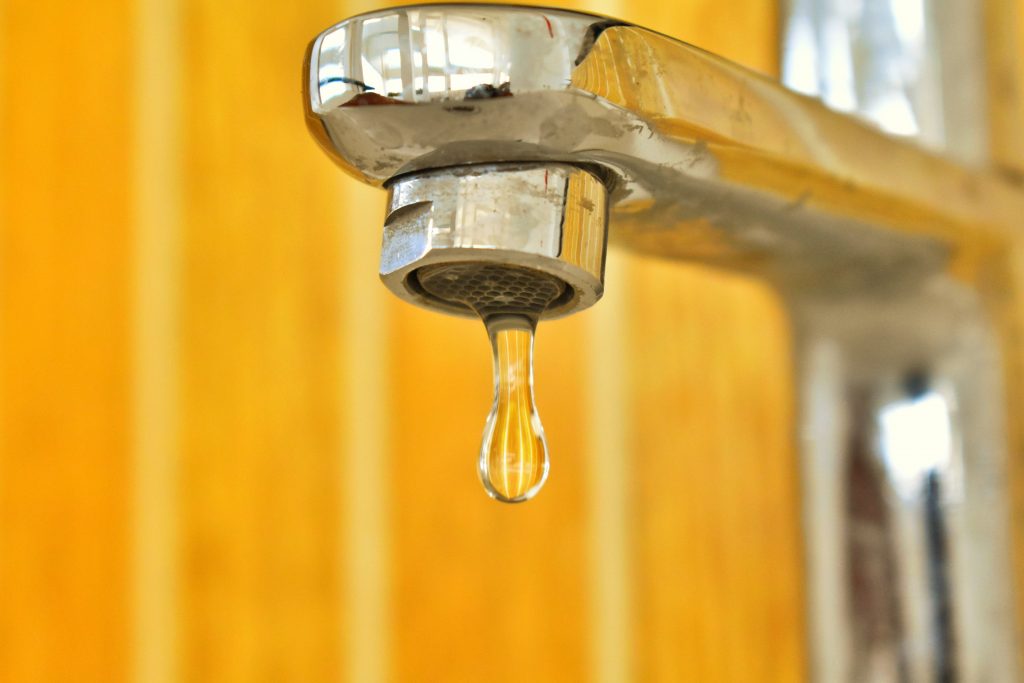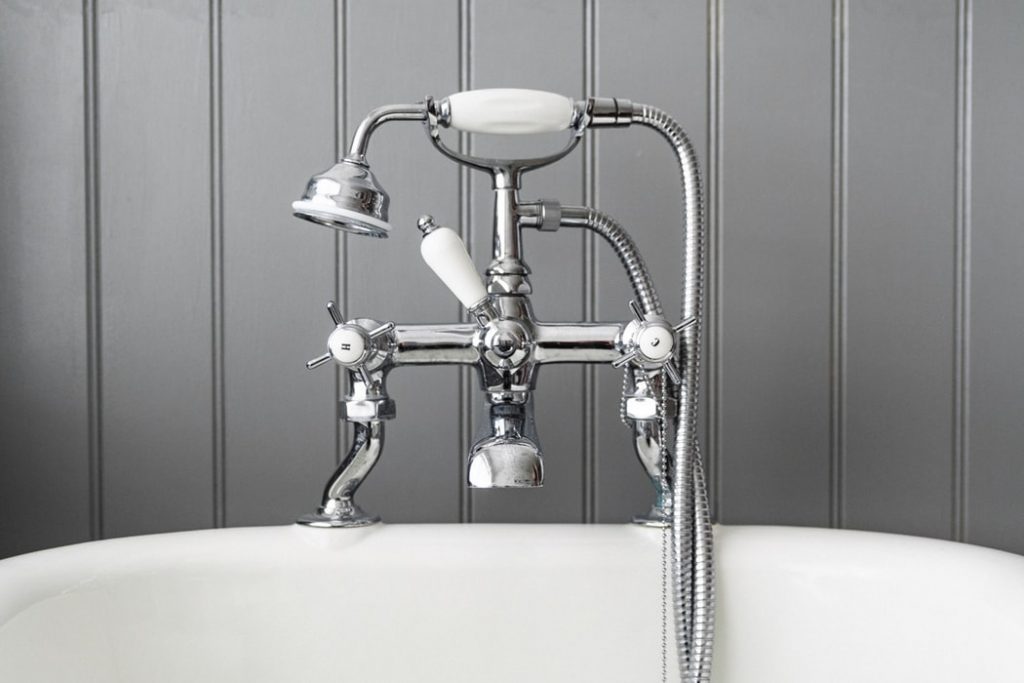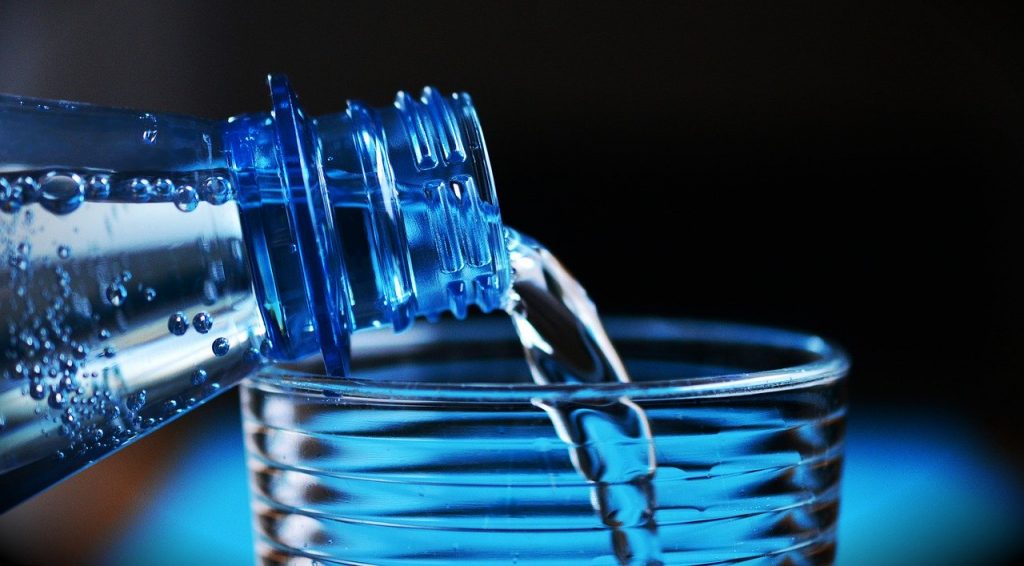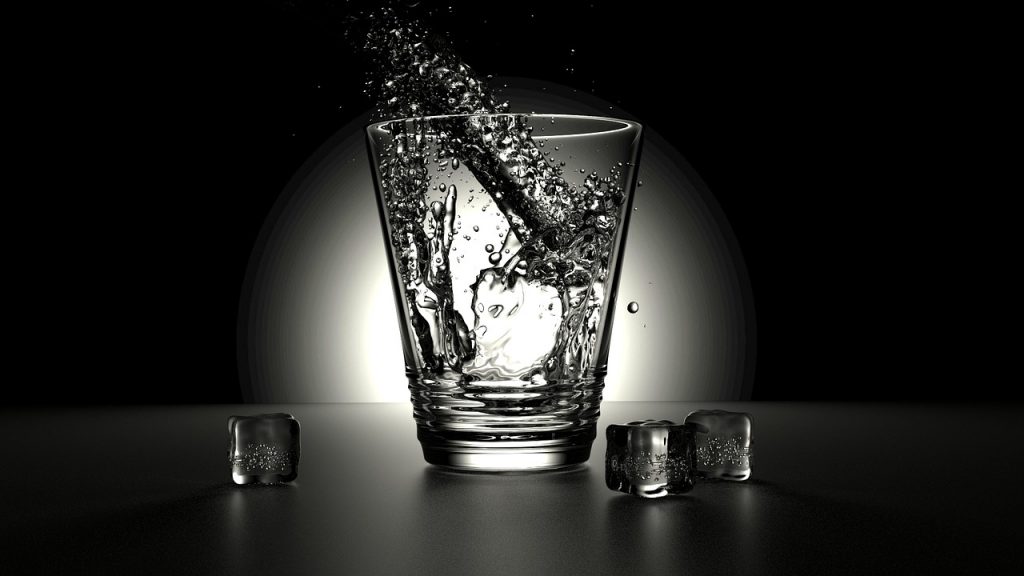Clean, uncontaminated water is paramount for your health, as well as that of your home’s plumbing system and appliances. However, water connected to our homes might not always be 100% safe, especially for consumption. That’s why we need efficient water filtration systems.
In some cases, single-stage filters are inadequate to remove all the contaminants, especially when contamination levels are high. All harmful bacteria build-up leached metals, and chemical pollutants need to be removed to have that clean, safe water for home use.
A multi-stage water filter system comes in handy to ensure that the water flowing in your house is risk-free. But, someone might ask, what exactly are the right stages for this process, and will they completely leave your water 100% safe? Well, let’s find out.
What is a Multi-Stage Water Filter?
In any water filtration system, water filters are the key component in making your water clean. Every system includes water filter cartridges, with every cartridge technically matching a specific water filtration stage. This means that every cartridge is specially designed to remove certain contaminants from your tap water.
This is achieved by having different filter materials in various cartridges in the water filtration system. But, this doesn’t mean that two cartridges can’t have the same filter material within the same system. The truth is that it’s possible, but their positions determine their roles.
For instance, the reverse osmosis water filtration system can have carbon block filters in two different cartridges, having similar capabilities. Here, one filter is placed upstream as a pre-filter, filtering any chemical contaminants to protect the filter membrane against damage. The other carbon filter, known as the polishing filter or post-filter, is placed downstream after the membrane filter to eliminate any residual chemicals.
Water filter systems containing one cartridge with one filter material are called single-stage filters. They are usually designed to remove certain impurities/contaminants from tap water.
On the other hand, a multi-stage water filter system contains various filter cartridges, with different filter media in each to tackle multiple water contaminants.
What are Mixed-Media Filters?
Sometimes, people interchange these two terms; mixed-media and multi-stage filters. However, while they might serve the same purpose, they have some differences.
For mixed-media filters, the system contains a single cartridge integrating several filter materials. The filter materials are usually stacked in layers.
On the other hand, Multi-stage filter systems contain various cartridges with different filter material in each. These offer distinct, stage-by-stage filtration processes, unlike the mixed-media ones.
The multi-stage filters are considerably efficient than their counterparts, especially because each cartridge is devoted to a certain type of filter. The filters here are also larger in terms of surface area, resulting in higher filtration quality.
Advantages of a Multi-Stage Water Filter System
Multi-stage water filter systems have several benefits compared to the other filtration systems. As a buyer, here are some strong points in multi-stage filters worth noting before making your purchase choice.
- Thorough Filtration: More cartridges mean more filters, which only adds to the efficiency of the system. Each filter is devoted to a specific filtration stage, making the process more efficient.
- Removes multiple contaminants: Since each cartridge filters a specific pollutant, it means that the resulting water will be free from many pollutants than with a single-stage filter system. Multiple filters increase the system’s capacity in tackling various impurities.
Disadvantages of Multi-Stage Water Filter System
While a multi-stage water filter offers filtration solutions to a wider scope of water contaminants, it’s also not 100% flawless. Here are some drawbacks worth noting:
- Reduced Flow Rate: The system contains multiple cartridges meant to increase efficiency. This, on the other hand, negatively affects the flow of water. With the water having to pass through various filters, the flow rate reduces with every filter. The higher the number of cartridges, the longer the barrier facing your home’s water flow.
- Increased Maintenance Costs: Since the system has more filters, your maintenance cost will rise, especially when changing or replacing the filters. A buyer should consider this factor before making the final decision, as it will affect the overall cost of the water filter system.
How Many Filtration Stages Does it Contain?
This is a common question whenever a multi-stage water filter system is mentioned. The answer is also not so specific.
The number of cartridges in a water filtration system will depend on the number and the concentration level of contaminants present in the water. These two factors determine which type of filtration media is needed and how many filters are necessary.
For instance, in a reverse osmosis system, the minimum number of stages integrated is 5. These include:
- Sediment filter
- Carbon block pre-filter
- Reverse osmosis membrane
- Activated carbon polished/post-filter stage
- Alkaline filter
In addition, the efficiency level and the impurity removal rate of these filters will determine the number of stages. You should, therefore, be keen to check these specifications with the vendor before you make that purchase.
Getting the Best Multi-Stage Water Filter for Your Home
Like with any product, having adequate information is critical when making a purchase. When it comes to water filters, understanding the type of water and the types of filters that can solve these problems is vital.
The first thing would be to contact a professional or the local water department to help you test the water for contaminants. With the right information about the contamination in your water, you can now research the best water filters.
From reading online reviews to talking to water filter dealers, you can gather correct information about the best filters. Make sure to compare different brands to identify the various features, strengths, and weaknesses in each.
This way, you will be able to make a well-informed decision that you won’t regret. And, to keep your plumbing and appliances safe, look for filters that contain scale inhibiting properties.
[related_posts_by_tax posts_per_page="3" format="thumbnails" image_size="medium"]









